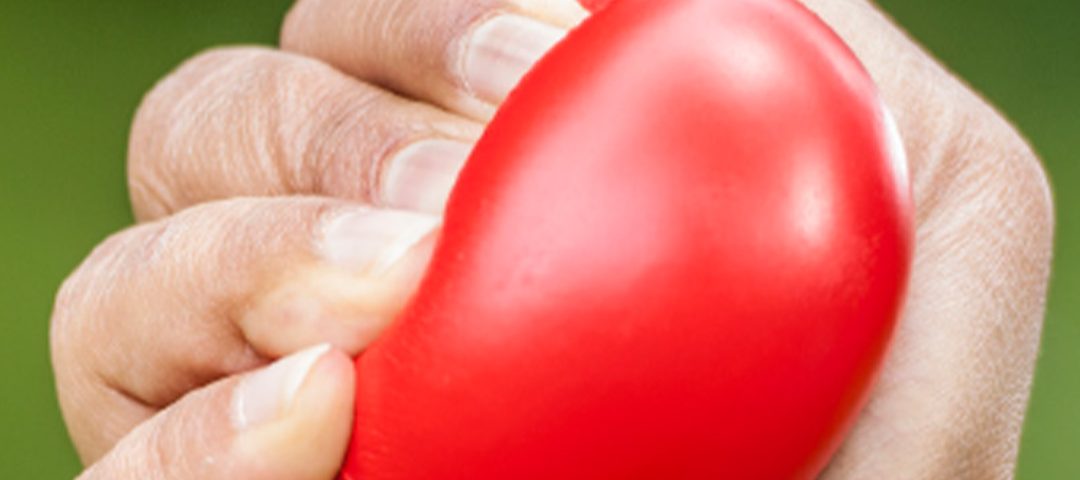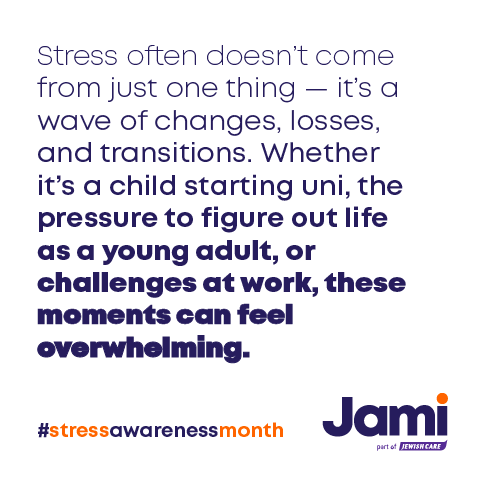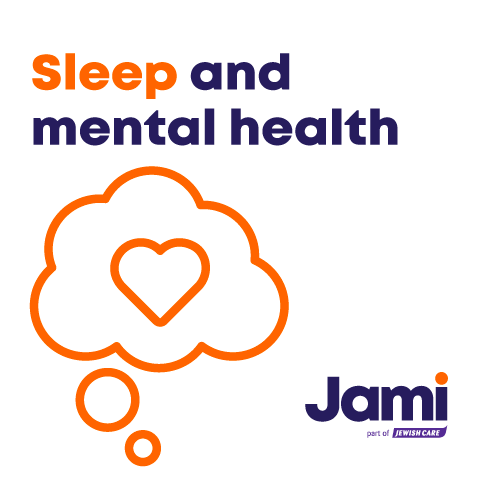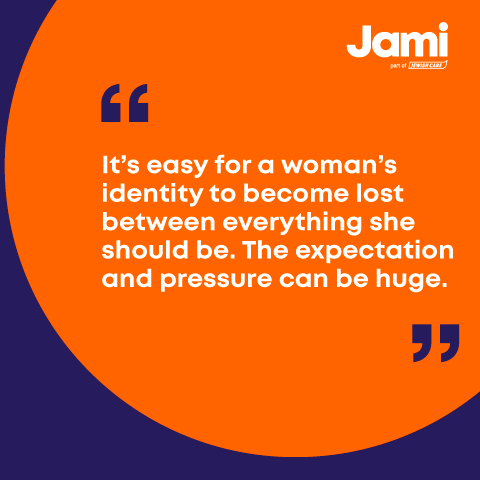
When we face adversity or feel ‘under attack’ our primal responses (our nervous system) kick in – this is our body’s response to any form of fear, anxiety, panic or uncertainty. This time of intense worry about Coronavirus is no exception.
Many of us may feel a range of emotions, with fears ranging from health and social, to economic and domestic. Our evolutionary response of ‘fight, flight or freeze’ which our body traditionally uses to protect us from threats, is really only a short term solution and unlikely to be effective in the long-term situation we now find ourselves in.
Here are some ideas you can consider adding to your daily routine, to help better manage stress.
Reaction
With so much uncertainty surrounding Coronavirus, how can we look after ourselves and help soothe our fears? It’s important to recognise our fearful reactions as a normal response, which many people globally are sharing. It may help us to think of ways that we can connect with others to share these thoughts. Social connection and feeling part of a community is a key step in soothing ourselves. Likewise we may wish to think of alternative creative outlets for our emotions. For some people this may be a diary of our thoughts, a piece of creative writing or even artwork.
Routine
Many of us may be missing the routine that comes with the certainty of our daily life. It is common to thrive within a structure of some description, but with so many unanswered questions and many of us working from home or engaging in other social/physical distancing measures, our routines will take a hit.
It’s important, where possible, to retain the semblance of normality. Whilst it’s tempting to stay in bed all day, or in pyjamas, it’s important to get up and stick to our normal routine. Make sure to open curtains and windows to get air flowing. Put on an outfit which makes you feel professional or confident. Brush your teeth and maintain your usual hygiene regimen. We may also want to think about keeping to mealtimes instead of simply eating when we feel like it.
Balance
A work-life balance is incredibly important when many of us are stuck at home. Decide what your workings hours will be, ideally when you are at optimum motivation and energy. You may need to liaise with a partner or create a schedule for your children, factoring in their routines and anxiety. Consider your working environment too. Working from bed or bedrooms is tempting but that confuses our brains when we want to sleep. Where are you best suited to work from? Do you need to set yourself up a specific workspace to help get into a work mind set? Speak to colleagues at this time too – we can’t underestimate how much time we are accustomed to spend with those we work with. It’s possible we may start to miss that level of social connection too.
Self-Care
Self-care is an integral part of looking after your physical and mental wellbeing. Get washed and dressed as you would if you were leaving the house. Even if you’re cooking for one, make proper meals instead of snacking all day. And whilst technology helps us access TV, films and social media more easily than ever before, we should pace ourselves.
Beware of 24/7 news, especially from unreliable sources. Monitor yourself, perhaps checking for news updates a couple of times a day. It’s ok to spend some time in front of a screen but with more time on our hands it’s important to mix it up. Aside from household chores, are there things we always intend on doing but never get done? This may be a good time for a clear out. Are there hobbies you’ve neglected or something you’ve always wanted to try? Now might be a good time. What about new books, audiobooks or podcasts? They’re a great way to relax or even to learn something new.
Get moving/Exercise
Exercise plays a big part in looking after our mental health. We may no longer be able to go to the gym or attend exercise classes. This may impact not only on our physical fitness but may be an unrecognised resource of social connection. Can we find online classes led in real time by an instructor? This is a great way to join a group and feel a part of something whilst getting some exercise in. Online videos available from trusted instructors are a great way to exercise at home. If you do have family members living together perhaps this is something to do together? If your health permits, it’s also important to go outside into less busy public spaces. Do you have a nearby green space? Going for a short walk is good exercise but also can help clear our heads, get some fresh air and lower our stress levels.
Stress is something we all face. Coping with stress is a matter of how we go about dealing with it and the steps that we take to counteract the stress factors that come our way.
Many stress inducing situations can develop over time and will often be quite complicated to understand or solve. However, we have the capabilities for reasoning and considering constructive options if we stay motivated, realistic, flexible, and remain open to getting professional help if need be. Learning to be optimistic can help us to better handle the stresses in our lives and in turn, to live a happier life.
Read our tips for looking after your mental health during COVID-19 here.
If you are self-isolating due to COVID-19, our duty team continues to provide advice and signposting. For people who need more support, we are providing this by phone. Email info@jamiuk.org
COVID-19 Crisis Appeal
The additional anxiety and isolation caused by COVID-19 can heighten the risk of suicide for people living with mental illness. Jami are prioritising contact with the most vulnerable and have already seen a rapid increase in demand for our support.
At this time of increased anxiety, looking after our mental as well as our physical health is more important than ever. Your donation to our COVID-19 Crisis Appeal will help us provide critical mental health services to our community.


